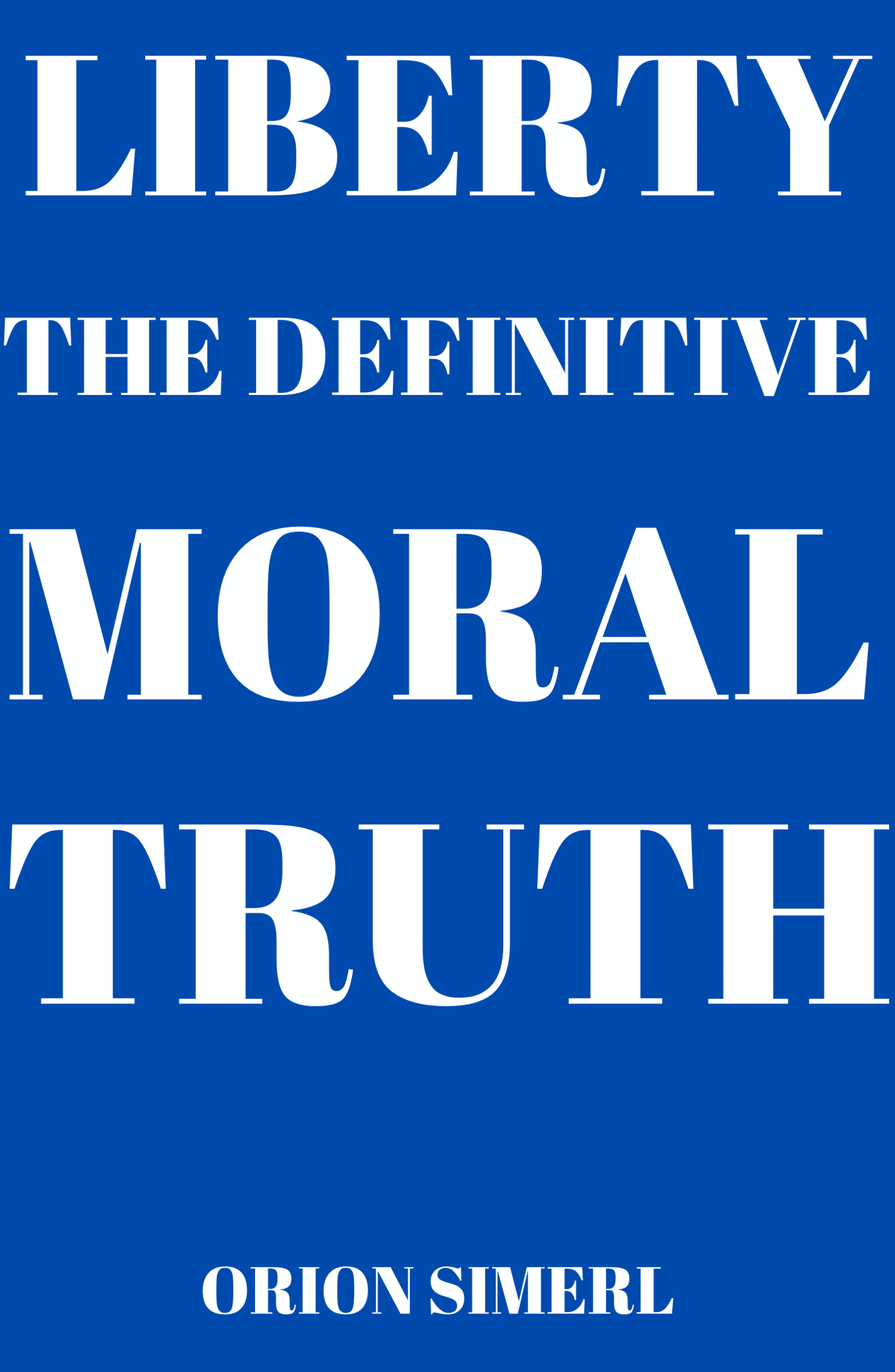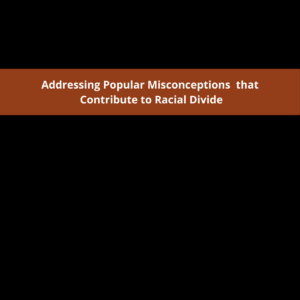Description
The human constant is desire, all people want to do what they want to do at all times. The human ideal is for all people to do as they please. All people can do as they please so long as each individual’s exercise of liberty does not interfere with the liberty of anyone else. Actions that impose are wrong, because they prevent people from doing what they want to do, and actions that do not impose are right because they do not interfere with anyone’s ability to do. Liberty is the basis for objective right, because desire is the universal human constant.
Moral duality is established through the basis of imposition, because any moral code that claims an unimposing act is wrong is the imposition of a subjective preference, and any moral code that claims an imposing act is right is imposition. A subjective preference is something a person likes or dislikes that is of no moral consequence. For example, a person doesn’t like pork so they say it is wrong to eat pork. The act of anyone else eating pork has no moral consequence, it’s promoted as wrong because a person doesn’t like it. While this is a trivial example, all moral codes that claim an unimposing act is wrong, is the same: the imposition of a subjective preference. An example of an imposing act claimed to be right would be claiming its right to murder people and take their land, as described in the biblical exploits of Joshua. It’s imposition on life and property and represents subjective morality in an imposing act claimed to be right. Imposition is only right in the prevention or neutralization of imposition, and in the administration of justice, in the restoration of an injured party.
The morality of beings within a space determines their potential for motion. That’s essentially what morality is, an influencer and determiner of consciously created motion. Moral duality is liberty and tyranny, the will to be unimposing, or the will to be imposing, to control others, and impose subjective preference onto others. There is one objective morality that promotes the universal human interest to do as one pleases, and there are countless tyrannical models of morality consisting of different hierarchies of subjective preferences.
The first section begins by defining morality and moral function. Morality in the influence it has on values and how it motivates or prohibits behavior.
Following functions are the categories and explanations of imposing acts: Physical Harm, Property, Deception, Threats, Circumstantial imposition, and imposition on Time. Justifications for imposition, as well as other principles for the application of morality are addressed in this first section.
Religion is viewed through the lens of liberty. Concepts and tenants are analyzed to determine whether or not they promote or prohibit behavior that is imposing or unimposing, as well as benefit and detriment to human interests. The religious analysis and commentary demonstrates how liberty functions by applying it to popular moral ideas that come from religion. I cover Christianity, Judaism, Islam, Buddhism, and Hinduism. Christianity is addressed more thoroughly than the other religions because it is the most popular religion in the US (and the world), and I am more familiar with it than I am with other religions. Address of other religions is far from comprehensive, but the main ideas of religions are analyzed through the application of objective morality..
The final chapter is a theory of existence called a god’s problem and the implications of morality to that theory. The likely purpose of the universe and life. The possibilities of what exists in spaces beyond our physical awareness in consideration and possibility of the survival of consciousness after death and moral application as a determiner of conscious motion. The identification of what can and cannot be based on what is, what is ideal, and what is most probable.






Reviews
There are no reviews yet.